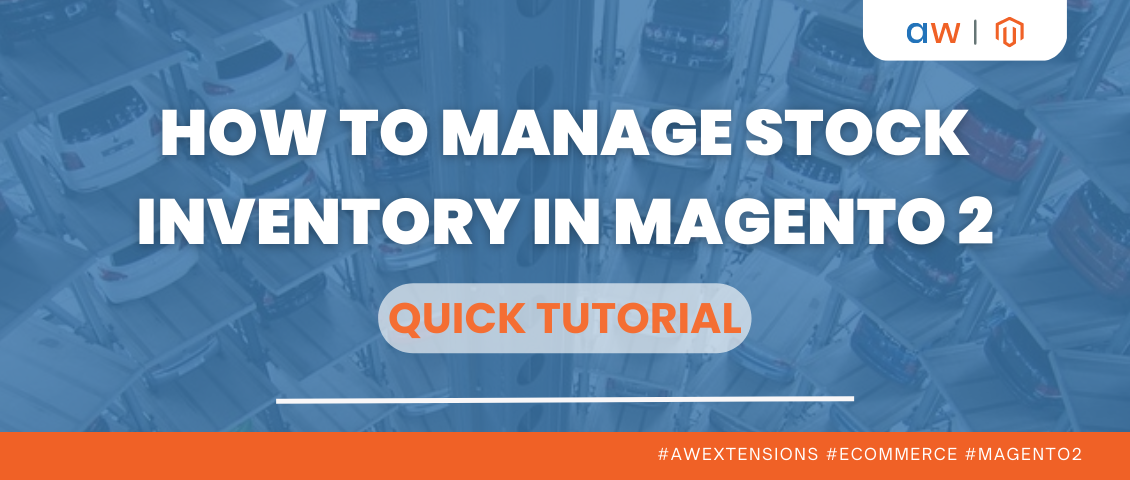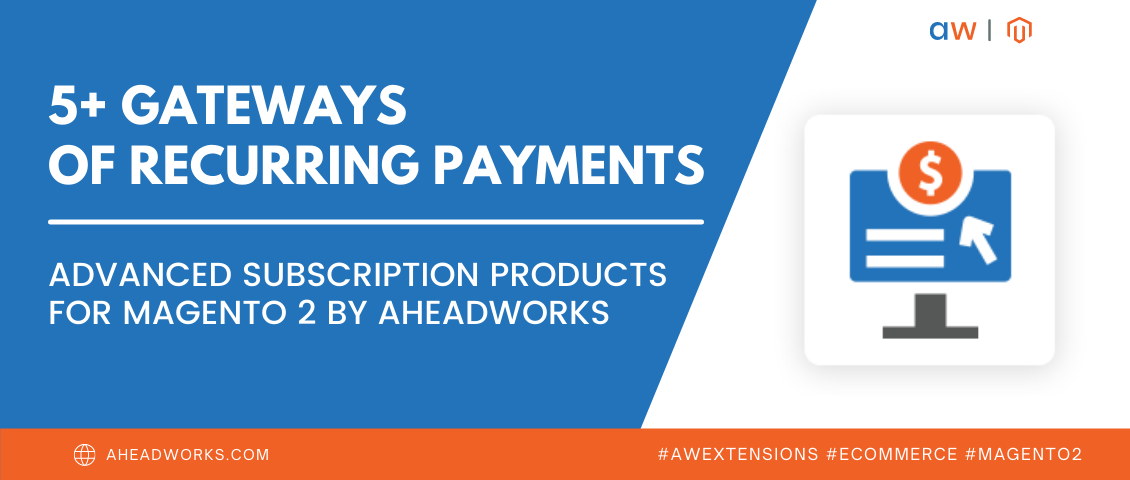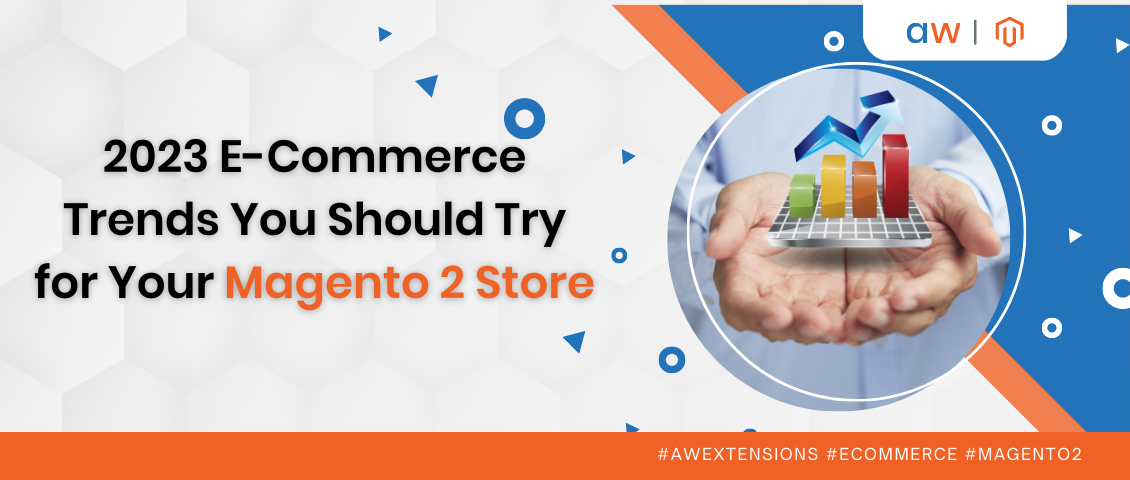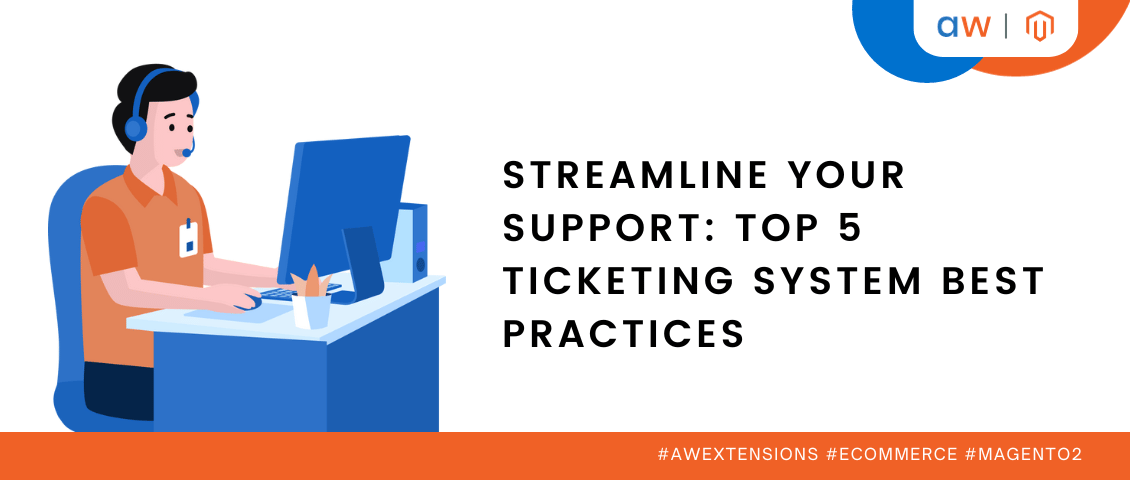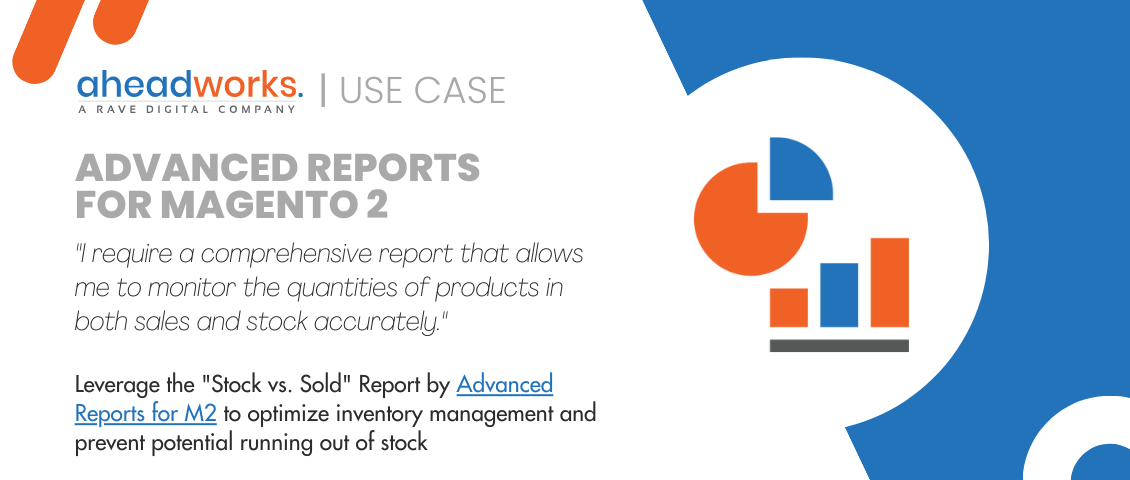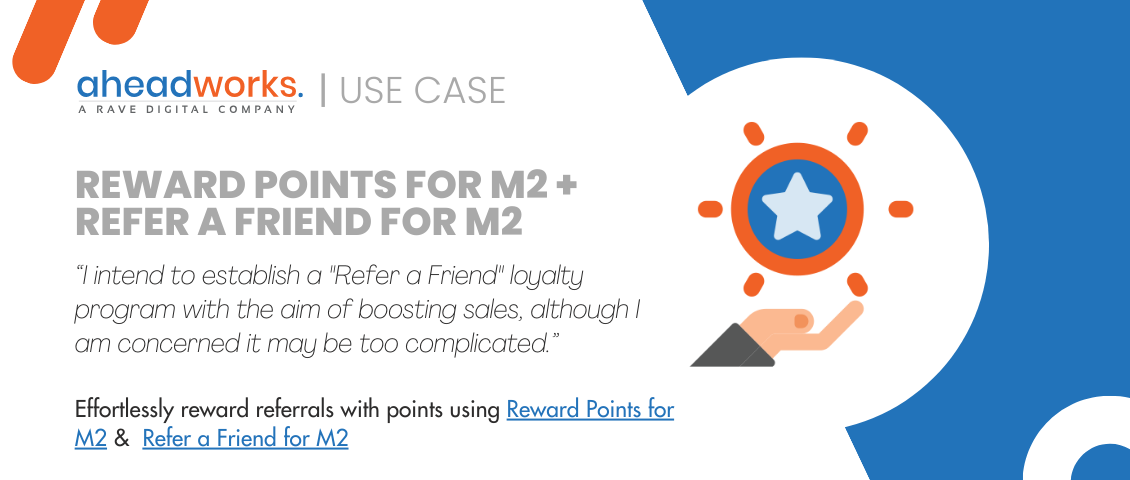
Magento Enterprise Cloud Edition Market Perspectives
Categorized as : Ecommerce
Magento Enterprise Cloud Edition was first announced during Magento Imagine in April 2016 and since than it was heavily discussed and reviewed.
The technology stack and capabilities were unveiled by Magento itself and multiple community members. Besides, Magento provided us with the detailed technical documentation on deployment and usage just immediately after the release.

So, six month later we are examining its current position within the specific market segment of Enterprise PaaS and SaaS solutions.
The main idea behind Magento Enterprise Cloud Edition is to create a product combining the flexibility of cloud solutions without multitenancy constraints. Traditional SaaS product innovations mostly depend on the providers’ initiatives and can hardly be driven by merchants. Meanwhile, Magento Enterprise Cloud Edition allows store owners to tailor technologies to their business easily.
All the available patches on Git can be tested and implemented instantly after their uploads. As far as testing environments use same databases and settings all the tested changes can be easily pushed to live stores without any risks to fall over. That’s a really unique opportunity and huge advantage.
Magento Enterprise Cloud Edition consists of a bunch of effective solutions making the final product a great alternative to established enterprise platforms.
This way, the dedicated structure of Magento Enterprise Cloud Edition provides all the benefits related to cloud computing, including flexibility, confidence, scalability, business focus and peace of mind.
Magento is actually a PaaS solution, but it have to compete with both PaaS and SaaS products and the number of worthy competitors is pretty large.
As a Platform as a Service Magento Cloud Edition has both some advantages and weak points compared to SaaS. Magento Cloud Edition is mostly targeted towards medium and large merchants with specific demands, where the same functionality, development and service opportunities may be considered either as pros or cons depending on individual preferences and needs.
Alongside the rich functionality, Magento provides a lot of room for customizations and testing through the open code. It gives you all the chances to tailor the store to the brand's unique requirements. However, if a merchant is going to transfer each and every concern about the store to the provider of services and ready to put up with some resemblance, in this case, SaaS products will look more advantageous for him.
The enterprise-level segment is pretty crowded, but Magento is well known here for its Magento Enterprise Edition. According to Builtwith, currently Magento Enterprise is the most popular platform among other similar competitors with the biggest number of enterprise-level stores. It is also the biggest platform among multi-segment ecommerce platforms, including Shopify (with Shopify Plus for the Enterprise segment) and BigCommerce (BigCommerce Enterprise).
Diagram 1. The Number of Live Stores by Platforms
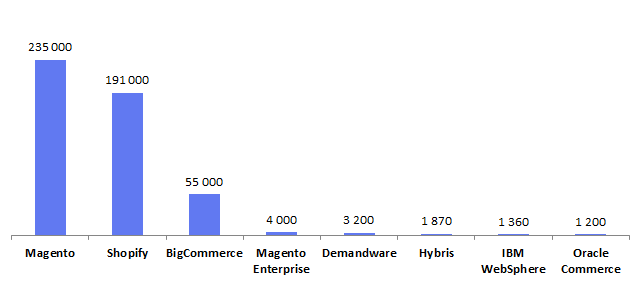
If we compare the above companies to each other, we’ll discover that Magento Enterprise Cloud Edition is highly competitive or even outperforms the rivals by certain parameters.
The biggest advantage of Magento Enterprise CE is its powerful functionality and customization opportunities. Still, as far as Magento 2 is pretty young, it is not able to provide the same number of ready-made themes, applications and an equal amount of expertise as some matured competitors are. However, no one doubts that it won’t take much time for its huge ecosystem to spread over Magento 2.
Without the above shortage Magento Enterprise Cloud Edition looks just good among other platforms and has all chances to take its place in the sun.
Table 1. Selected Multi-segment Ecommerce Platform Competitors

Equipped with the advanced technology, competitive prices and powerful functionality Magento Enterprise Cloud Edition is certainly able to achieve recognition and real success within the segment.
So, Magento Enterprise Cloud Edition obtained a great basis of advanced technology, feature-reach functionality and PaaS capabilities. Joint with the competitive prices, reliable customer services and fast growing Magento 2 expertise the solution is definitely able to enter the top-level ecommerce segment and change the balance of forces favorably for itself.
As it follows from our observations, just the fact of its appearance made competitors to look for new marketing and technological benefits for their solutions fiercely.
1. Shopify Plus: An Enterprise Ecommerce Platform Review
2. BigCommerce vs Shopify | Which One Grows Your Business?
3. Shopify Plus VS Magento Enterprise Cloud
The technology stack and capabilities were unveiled by Magento itself and multiple community members. Besides, Magento provided us with the detailed technical documentation on deployment and usage just immediately after the release.

So, six month later we are examining its current position within the specific market segment of Enterprise PaaS and SaaS solutions.
Provided Benefits
The main idea behind Magento Enterprise Cloud Edition is to create a product combining the flexibility of cloud solutions without multitenancy constraints. Traditional SaaS product innovations mostly depend on the providers’ initiatives and can hardly be driven by merchants. Meanwhile, Magento Enterprise Cloud Edition allows store owners to tailor technologies to their business easily.
All the available patches on Git can be tested and implemented instantly after their uploads. As far as testing environments use same databases and settings all the tested changes can be easily pushed to live stores without any risks to fall over. That’s a really unique opportunity and huge advantage.
Offered Technologies
Magento Enterprise Cloud Edition consists of a bunch of effective solutions making the final product a great alternative to established enterprise platforms.
- Cloud Infrastructure. Powered by Amazon Web Services;
- Platform as a Service;
- Magento Enterprise Edition;
- Performance Management Tools. NewRelic, blackfire.io;
- Content Delivery Network, DDos Protection. Powered by Fastly.
This way, the dedicated structure of Magento Enterprise Cloud Edition provides all the benefits related to cloud computing, including flexibility, confidence, scalability, business focus and peace of mind.
Market Perspectives
Magento is actually a PaaS solution, but it have to compete with both PaaS and SaaS products and the number of worthy competitors is pretty large.
As a Platform as a Service Magento Cloud Edition has both some advantages and weak points compared to SaaS. Magento Cloud Edition is mostly targeted towards medium and large merchants with specific demands, where the same functionality, development and service opportunities may be considered either as pros or cons depending on individual preferences and needs.
Alongside the rich functionality, Magento provides a lot of room for customizations and testing through the open code. It gives you all the chances to tailor the store to the brand's unique requirements. However, if a merchant is going to transfer each and every concern about the store to the provider of services and ready to put up with some resemblance, in this case, SaaS products will look more advantageous for him.
Main Competitors
The enterprise-level segment is pretty crowded, but Magento is well known here for its Magento Enterprise Edition. According to Builtwith, currently Magento Enterprise is the most popular platform among other similar competitors with the biggest number of enterprise-level stores. It is also the biggest platform among multi-segment ecommerce platforms, including Shopify (with Shopify Plus for the Enterprise segment) and BigCommerce (BigCommerce Enterprise).
Diagram 1. The Number of Live Stores by Platforms

If we compare the above companies to each other, we’ll discover that Magento Enterprise Cloud Edition is highly competitive or even outperforms the rivals by certain parameters.
The biggest advantage of Magento Enterprise CE is its powerful functionality and customization opportunities. Still, as far as Magento 2 is pretty young, it is not able to provide the same number of ready-made themes, applications and an equal amount of expertise as some matured competitors are. However, no one doubts that it won’t take much time for its huge ecosystem to spread over Magento 2.
Without the above shortage Magento Enterprise Cloud Edition looks just good among other platforms and has all chances to take its place in the sun.
Table 1. Selected Multi-segment Ecommerce Platform Competitors

Equipped with the advanced technology, competitive prices and powerful functionality Magento Enterprise Cloud Edition is certainly able to achieve recognition and real success within the segment.
Conclusion
So, Magento Enterprise Cloud Edition obtained a great basis of advanced technology, feature-reach functionality and PaaS capabilities. Joint with the competitive prices, reliable customer services and fast growing Magento 2 expertise the solution is definitely able to enter the top-level ecommerce segment and change the balance of forces favorably for itself.
As it follows from our observations, just the fact of its appearance made competitors to look for new marketing and technological benefits for their solutions fiercely.
References
1. Shopify Plus: An Enterprise Ecommerce Platform Review
2. BigCommerce vs Shopify | Which One Grows Your Business?
3. Shopify Plus VS Magento Enterprise Cloud





